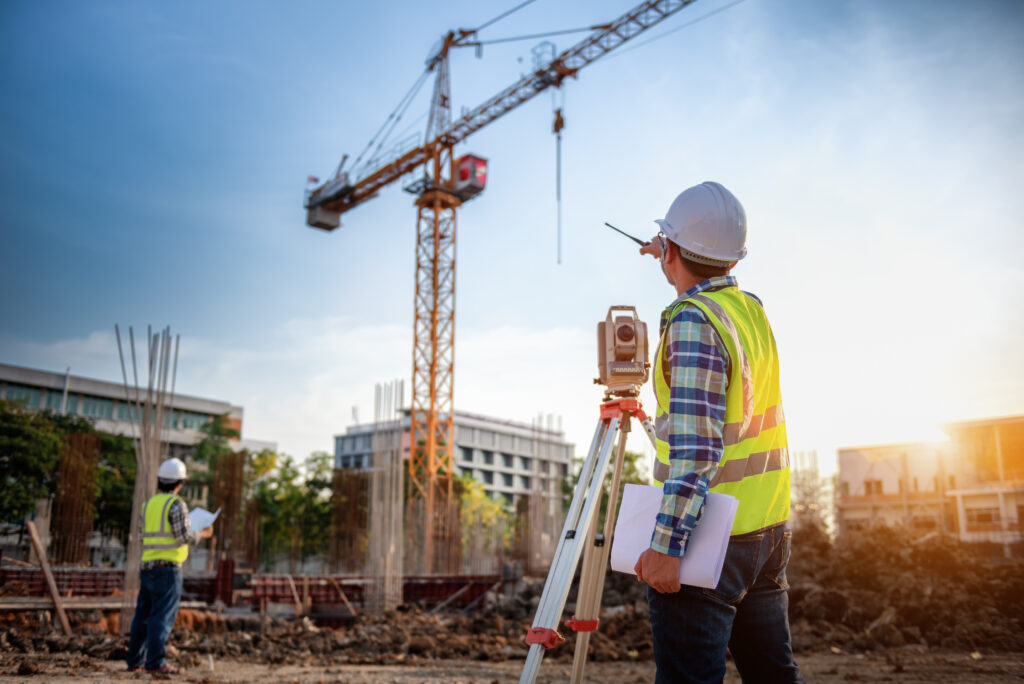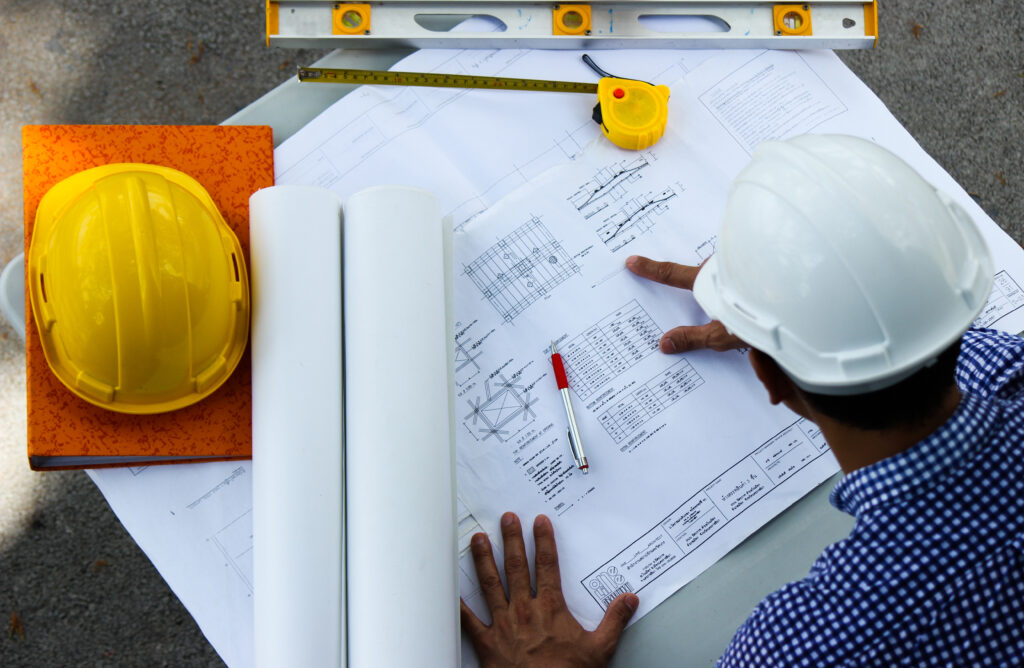
An estimated commercial real estate development project timeline requires extensive planning and coordination. From the initial planning stages to actual construction, the development process is intricate, with many moving parts, often taking more than a year to complete.
Building a structure from the ground up allows developers to add value to the local economy and support investors and property owners over time.
Continue reading to explore the key factors that impact construction project timelines and provide insights into how to estimate and manage the duration of a ground-up construction project effectively.
Understanding Ground-Up Construction
A ground-up commercial real estate project transforms undeveloped land into a functional commercial area. It starts with buying empty land, obtaining permits, and constructing a commercial building.
Once the construction is finished, the property can be rented or sold. Developers work on various commercial properties, like offices and retail spaces, with a team of architects, engineers, and contractors.
A real estate project manager typically leads the project, handling everything from site selection to leasing and informing everyone about progress.
Factors that Affect Project Timeline
Project Size and Complexity:
The size and complexity of the construction project play a pivotal role in determining its timeline. A small, straightforward residential building may take significantly less time to complete than a large commercial complex with intricate architectural designs and advanced systems. Complex projects often require more time for planning, approvals, and construction.
Budget Constraints:
Budget constraints can also affect project timelines. If cost-saving measures lead to compromises in quality or delays in material procurement, it may extend the construction period.
Pre-Construction Phase:
Before construction begins, several crucial steps must be completed. These include site selection, feasibility studies, design development, obtaining permits, and securing financing. The duration of the pre-construction phase can vary widely depending on the project’s scope and the efficiency of these processes. Delays in this phase can cascade throughout the project.

Design and Planning:
The design and planning phase is critical to a construction project’s success. It involves creating detailed blueprints, engineering specifications, and construction documents. The complexity of the design and the speed at which it progresses can significantly affect the project timeline. Rushing through this phase can lead to costly revisions and delays during construction.
Permitting and Approvals:
Obtaining the necessary permits and approvals from local authorities can be time-consuming. The duration of this phase depends on the project’s complexity, location, and the efficiency of the permitting agency. Delays in this phase can cause setbacks in the construction schedule.
Construction Methodology:
The construction methodology chosen for the project also influences the timeline. Traditional construction methods may have longer timelines compared to more innovative approaches like modular construction or prefabrication. Additionally, factors such as weather conditions and availability of skilled labor can impact construction speed.
Project Management and Coordination
Efficient project management and coordination are crucial for keeping the project on schedule. Delays caused by miscommunication, material shortages, or subcontractor issues can be minimized through effective project management practices. Regular project meetings, progress tracking, and problem-solving are essential to stay on track.
Unforeseen Challenges:
Construction projects are prone to unexpected challenges such as weather disruptions, unpredictable site conditions, or supply chain issues. These challenges can extend the project timeline, making it essential to have contingency plans in place.
The duration of a ground-up construction project can vary widely based on several factors, including size, complexity, planning, permitting, construction methodology, project management, and unforeseen challenges. While it is difficult to provide a one-size-fits-all answer to how long such a project should take, careful planning, realistic timelines, effective project management, and open communication can help keep the project on track.
Ultimately, it is essential for all stakeholders to understand that construction projects often encounter delays and challenges. Flexibility and adaptability in the face of unforeseen circumstances are critical for successful project completion. By addressing these factors and maintaining a focus on quality and safety, construction professionals can work towards delivering successful ground-up construction projects within reasonable timeframes. The experienced team at Division 9 Commercial Construction can get your project started!
